|
My youngest was 5 years old when a precautionary garnishee order was applied to our bank account and my salary. He was with me in the checkout queue and a mountain of shopping in my trolley. He was with me when I had to phone my bank from the supermarket checkout because my card didn’t work. I had to educate him about how a justice system works. He was under the misapprehension that going to court meant there was a chance I could end up in prison. I spent two years in court. Our family spent five months without a bank account and my salary frozen to the minimum wage. That day in August 2013 was the day the bottom of my world fell out. We had done absolutely nothing wrong and yet, even though I did not have to attend Criminal Court, I did feel, as my son correctly perceived, exactly like a criminal. All I did was insist that we pay for our utilities on the primary residence tariff, not the secondary residence tariff. It put a huge strain on our family life as we pinched our way to the end of the month, every month. In the 6 years since that day, I have tried to make Arms take responsibility for this incorrect application of the two tier residential tariff. I wrote to successive Arms CEOs, successive Ministers for Energy, the Prime Minister, the Office of the Ombudsman, the National Audit Office, the Inland Revenue, the European Parliament, the European Commission… My petition to the European Parliament – PETI 1737/2013 - was discussed three times in the European parliamentary committee of petitions. It is still open today. The Maltese government has made small changes to the billing system because of this pressure from the EU but many tenants – and some homeowners too – are still caught in this trap of overpaying for their consumption of water and electricity. There are two residential tariffs – the domestic tariff and the residential tariff. To be on the correct tariff is not automatic. In order to receive the allowance per person of cheaper electricity and water units, everybody – homeowners included – has to be listed as an occupant of the property in Section B of Arms Form H. The misleadingly named domestic tariff is meant for occasionally used second homes. This tariff is very expensive, especially when it comes to water. The rationale is that it does not matter if you pay more because you are in the property for only a short while. Therefore, you are allowed 33 cubic metres of water at €2.19 per cubic metre of water. Any consumption above the 33 cubic metres and you are paying an eye watering €5.14 per cubic metre of water, no matter how many people live in the property. With regard to electricity, the cost per unit on the sliding scale is more expensive plus you get no eco reduction. The residential tariff is designed for people living in their primary residence. If you consume less than the allowance of 1750 units PER PERSON per year, you get an eco reduction. Additionally, the cost per unit of electricity on the sliding scale is cheaper than on the domestic tariff. Water is much cheaper on this tariff too - you are charged €1.40 per cubic metre of water if you consume less than 33 cubic metres of water PER PERSON per year. Any consumption beyond that and this is when you pay at €5.14 per cubic metre of water. Our household of 5 has never paid at this rate when on the residential tariff, with everybody registered on the bill via Arms Form H - change in the number of residents. When we were tenants, we were overcharged on our utilities by 189%. The cost of our 35 month consumption of 17670 units of electricity and 417 cubic metres of water was €6186.01 on the incorrectly applied domestic tariff. On the correctly applied residential tariff, with all occupants registered on the Arms bill via Arms Form H, it would have cost us €3270.28. That’s an overcharge of €2914.73. Please note that the ONLY difference between the two screenshots below is the number of registered occupants: The 35 month cost of our electricity and water consumption on the residential tariff: The 35 month cost of our electricity and water consumption on the domestic tariff: This episode marked the beginning of my work as an advocate for tenant rights. I have posted countless explanations of how tenants are being overcharged by Arms beneath countless posts of anxious tenants trying to understand why their utility bills were so expensive. I have set up two blogs and also a tenant support group, which supports tenants in navigating the minefield that is the post 1995 private rental market in Malta. This particular issue has been right up there amongst the many issues which has caused huge insecurity and stress for most tenants.
Notwithstanding my best efforts, the best efforts of others and the fact that the Small Claims Court ruled in July 2015 that both our landlord and I were jointly responsible for the €1600 euro ‘arrears’, still today many tenants are overcharged on their Arms bills. I see this in my tenant support facebook group and everywhere on social media. This sad state of affairs has been going on ever since the inception of this particular Arms billing scheme in 2009. How much has Arms overcharged thousands of tenants over the years, I wonder? I was therefore very pleased to see that the 2019 Residential Leases Act - in force from January 2020 - includes clauses to put this injustice right. In his statement in parliament with regard to the second reading of this bill, Parliamentary Secretary for Social Accommodation Roderick Galdes announced that completed forms - Arms Form H, Change in the Declaration of Number of Persons, and Arms Form N, Authorisation of Verification of Pending Dues – will have to be included with the contract when this is registered. This will make sure that tenants are on the correct tariff for people living in their primary residence. This is welcome news indeed. Wouldn’t it be also great if Arms repaid the money it has unjustly appropriated for itself from tenants? I can but dream, I suppose.
1 Comment
FAO Mr Silvio Scerri, Arms CEO FAO Mr Joe Mizzi, Minister for Energy and Water Management Re Invoice 27917423; €647.32 Dear Mr Scerri and Mr Mizzi I am writing to you to put on record that - over the billing period 10th March 2018 to the 26th April, 2019 – our household has been overcharged to the tune of €106.53, in contravention of the Electricity Supply Regulations. The Electricity Supply Regulations stipulate annual allowances. Recently, Arms has changed the length of the billing period to a period of circa 2 months. Because of this, the annual allowances are converted to 6 or 7 pro rata allowances over the year. I have attached an Excel spreadsheet which illustrates how I have come to this conclusion. I used the second page of the last 7 two monthly Arms bills to calculate the total number of units charged at each band. To my surprise, our annual consumption of 7917 units of electricity did not utilize all the quotas at the cheaper rates. We lost out on 271.589 units of electricity at €0.1298 per unit and we were also charged at €0.3420 per unit on 82.356 units of electricity. We should never have paid at the €0.3420 per unit band because we did not breach the 10000 units per year, to be liable at this band, as stipulated by the Electricity Supply Regulations. Unfortunately, Arms is the sole, state owned utility billing company. Therefore, under duress and without prejudice to any legal action I may consider in the future, I enclose two cheques – one in the amount of €540.79 and the other in the amount of the overcharge of €106.53. These total to the €647.32 of invoice 27917423. I would like to think that you will carefully study the Excel spreadsheet and understand that we have indeed been overcharged. This is why I expect the cheque in the amount of €106.53 to be returned. I used the Arms online calculator to check my workings. As you can see this shows that the cost of our electricity consumption over the period 10th March, 2018 to 26th April, 2019 is €1005.68. From my workings using Method 2, the cost of our electricity consumption over the same period, not including the eco reduction is €1005.69. The 1 c difference is probably a rounding error. As you no doubt know, the crux of the problem is that the billing period - in number of days - constitutes part of the algorithm for calculating the cost. So - simply put - to work out the cost of the bill, the algorithm will calculate the pro rata quota of allowances, according to this number of days. If the billing period is a year, then there would be no problem at all. But because the billing period is chopped up into 7 two monthly bills, then the pro rata quotas will not be at all sensitive to the peaks and troughs of consumption over the year.
In fact, this, of course, is the reason for the lengthy disclaimer that comes with the Arms online calculator. The cost depends very much on the length of the billing period. Finally, I would like to say that this analysis is the analysis of the cost for our household for this last year. Of course, it will differ from household to household and from year to year. The point is that it would be very unlikely for the cost of electricity, using the annual allowances method, to exactly match the cost of electricity using the Arms pro rata allowance method. Surely Arms needs to look at this situation urgently to ensure that consumers of electricity are not paying over the odds? Maybe a look at the UK will do the trick? When I lived in the UK, we paid a fixed amount by direct debit per month over the year, with the understanding that there would be an adjustment at the end of the year, if this was necessary. I hope to hear from you soon. Yours sincerely Johanna MacRae PS Letter with cheques sent by post  On January 22nd, 2019, my petition (PETI 1737/2013) was discussed in the European Parliamentary Committee of Petitions for the third time. I don’t quite know what’s up with me - ordinarily I would be writing my thoughts on this soon after. It’s the only way I used to be able to calm down, to process my thoughts. The act of writing somehow gives peace. Lately, however, I’ve had to contend with plenty of ‘noise’ around me so I haven’t been able to find some space for this kind of catharsis. The distracting ‘noise’ came in the form of the last death throes of the UK’s membership of the EU and the relentless spinning of an alternative Maltese universe, a Machiavellian web of intrigue and distortion that rivals any dystopian fiction. But then again, the discussion of my petition had much in common with the above two dysfunctions. I was vindicated with my decision not to attend the session. I wonder if the invitation for petitioners to attend these discussions is nothing but a façcade of citizen engagement? The Italian police petition before the Arms petition was a case in point. How can European citizens be expected to say what they want to say in 5 minutes? Why don’t they have a right to come back with a reply to the nonsense, the brush off of the European Commission employees? Yes, the political class everywhere is failing the citizen. We have facades of accountability, of citizen ‘engagement’ coming out of our ears. But, in reality, it’s all a sham, a pretence. A ticking of boxes. Take petition 1737/2013. Five and a half years ago, I petitioned the European Parliamentary Committee of Petitions re the Arms / tenant scam. I explained how most tenants in Malta are overcharged on the summer residence tariff. Not by €5 per month. No. We were overcharged by 101%. We were meant to pay double what homeowners - including our own landlords - paid for the same consumption of water and electricity. It’s a saga and a half - one which rivals even that of Homer’s Odyssey, except, I would imagine, The Odyssey would be much more enjoyable. Please note that this overcharging didn’t / doesn’t just affect the MacRaes. Oh no, this is a state sanctioned scam, designed to milk the foreigner tenant cow for all its worth. But the European Commission employees came up with the same old tired nonsense they had provided in July 2015 and July 2016, when they last discussed my petition. All problems were resolved, said the first European Commission employee, livestream on January, 22nd, 2019. EU nationals had access to the correct tariff now, she said. Overpayments were refunded, she said. There was no discrimination between tenants of different nationality because all tenants were discriminated against, she said. (I kid you not. She actually said this.) The second European Commission employee told us that Malta had a derogation regarding energy legislation. (I apologise in advance for any spluttering of hot beverage) - It’s better that the government sets electricity prices and not a monopoly commercial system, he said. I used to think that EU employees couldn’t possibly understand the situation on the ground in Malta. It is too far beyond surreal for them to actually believe that there is such malevolence directed by the state against its own citizens, its own residents. Now, I’m not so sure. I recognised the second representative from the European Commission. He spoke at the second discussion of my petition in July 2016. Is it possible that nobody reads my volumes of correspondence, explaining how the tweaking by the EU of the Arms utility billing system hasn’t actually worked? He also goes on to say that if the consumer doesn’t get what they are legally entitled to get, then there is a mandatory conflict resolution mechanism which will resolve that. I wonder - Did he see the correspondence between myself and Noel Scerri, Legal Executive at Arms, with the EU in copy, in which Dr Scerri explains that yes, we’re due a refund but the refund would go to our ex landlord and then I would have to apply to the courts to get this off my landlord? Does he think that this is acceptable? Is this what he means when he talks of a mandatory conflict resolution mechanism? I don’t consider that the conflict I had with Arms is resolved. I imagine Arms does, however. They get off with over €3200 of our money. No mention at all was made by the European Commission employees of my letter to the European Commission of August 2018, in which I detail all the articles of the TFEU and the energy efficiency directive, which, in my opinion, were being breached by Malta. The only person who referred to my letter was MEP Roberta Metsola. She asked the three questions I ask in the letter, namely - how many tenants have applied for temporary recognition of tenant in rented premises, how many tenants have used the Arms redress mechanism and received a refund of their overpayment and how many so called empty residences show a consumption of water and electricity which belie the ‘empty’ premises tag? Let’s hope the European Commission explain clearly how Malta is not in breach of EU law, as per my letter of August 2018, and that they provide the answers to the above questions. Speaking for myself, I must have something to show for all the energy I have expended on this over the last five and a half years. The next step will probably be the European Ombudsman. I’ll have more time in the Summer holidays so I’ll work on that then. |
AuthorI am a migrant, a teacher since 1995, a mother of three... Archives
September 2019
Categories |
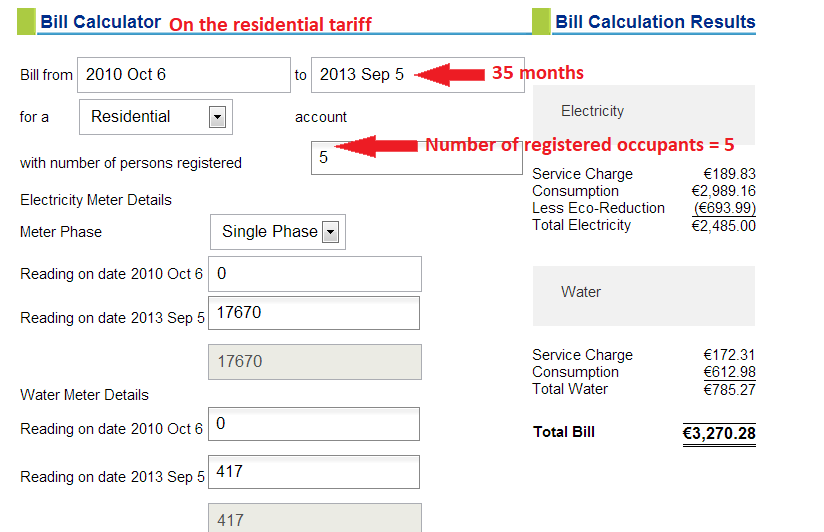
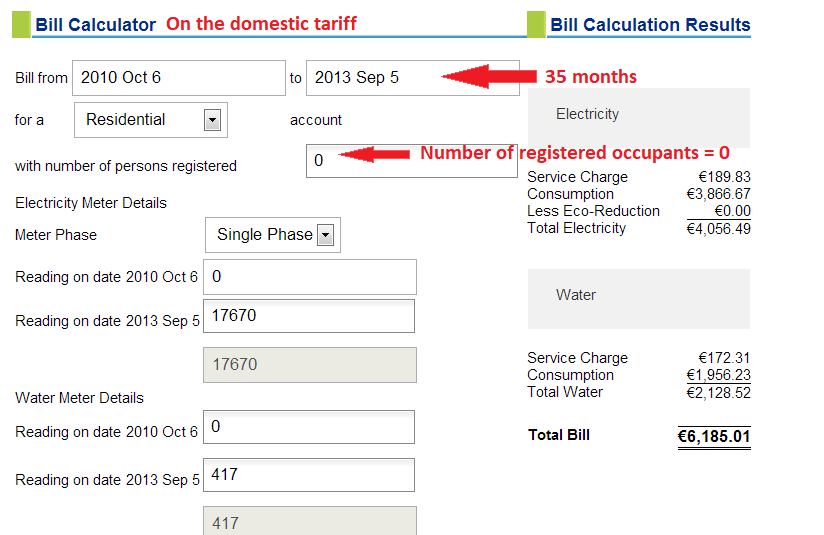
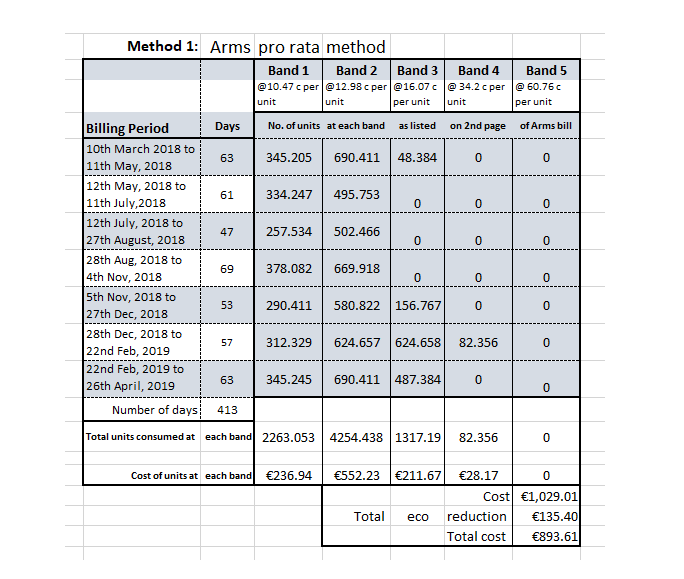
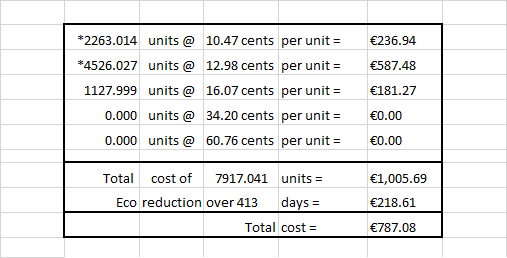


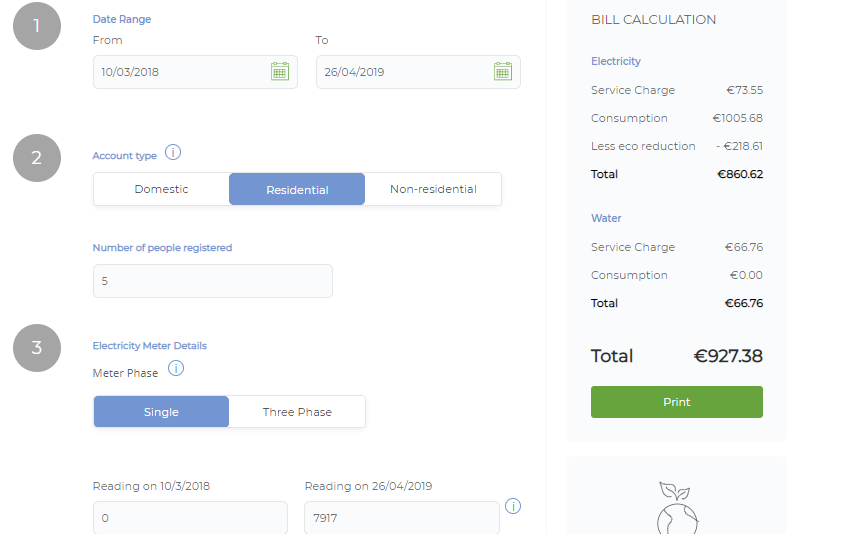
 RSS Feed
RSS Feed